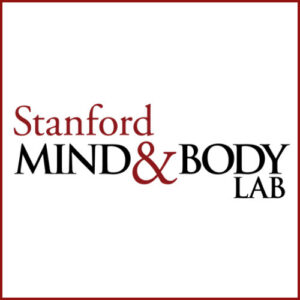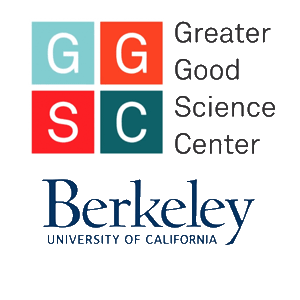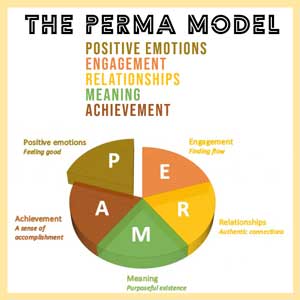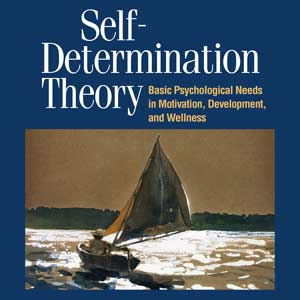Set out below are several links to recommended articles and other reference material on the web. They are provide thought provoking information about some of the issues I deal with professionally.
The insights will help you to gain some familiarity with key concepts related to positive psychology and wellbeing, all of which merge across people’s personal and professional lives.
As with all resources, the list is not exhaustive but serves as a starting point for the enhancement of knowledge and awareness of how these issues have potential to impact on ordinary people.
Feel free to get in touch if you’d like to know more or to learn about next steps for you or your organisation.

Plenty of research shows that work-related burnout is on the rise. This psychology-based academic study reveals how manifestations of burnout decreased significantly when managed through a structured and targeted program of executive coaching. With moderate intervention, participants showed increased levels of vigour and improved well-being when compared with a control group. These findings are consistent with those of existing studies of this type.
Visit: Coaching leaders toward favorable trajectories of burnout and engagement (Frontiers in Psychology)

In this opinion piece, David Brooks looks at how modern neuroscience is reconsidering the assumption that emotions need to take a back seat in how we work and make decisions. Recent research indicates emotions help to guide reason and to make us more rational in a range of situations.
Visit: You’re Only as Smart as Your Emotions (New York Times)

Stanford’s Mind & Body Lab has compiled a series of materials designed to help people to adopt a new mindset – one based on the idea that stress can be harnessed to enhance health, well-being, and performance. Several studies have shown the Rethink Stress Intervention to be effective at shifting stress mindsets.
Visit: Rethink Stress Intervention | Mind and Body Lab (stanford.edu)

This 2021 article from the Harvard Business Review outlines the benefits of small-group coaching that emerge from powerful learning interactions among leaders who aren’t on the same team but are roughly equal in experience and position. It provides some guidelines for a process that can generate leadership development impacts that exceed what’s possible in one-on-one coaching.
Visit: hbr.org/2021/04/the-surprising-power-of-peer-coaching

From Greater Good Magazine, ‘Where to Start If You Feel Burned Out at Work’ is a question and answer piece with Christina Maslach, professor emerita at UC Berkeley. It concisely examines the causes of burnout at work and how both employees and employers can start addressing it.
Visit: Where to Start If You Feel Burned Out at Work, Greater Good Magazine
Together with Michael Leiter, Christina Maslach authored ‘The Burnout Challenge: Managing People’s Relationships with their Jobs.’

A short article from the fs blog (Farnam Street) looking at the usually accepted characteristics of success and exploring how the behaviour of success manifests itself a little differently in the workplace.

This model shifts the focus of psychological enquiry from mental illness and pathology to studying what is good and positive in life. It focusses on positive psychology interventions that help make life worth living and how to define, quantify, and create wellbeing.
We explore this approach through consideration of interrelationships between career, health, community, finances and personal relationships.
See this resource and visit: The PERMA Model: Your Scientific Theory of Happiness (positivepsychology.com)

Self-Determination Theory (SDT) represents a broad framework for the study of human motivation and personality.
SDT articulates a meta-theory for framing motivational studies, a formal theory that defines intrinsic and varied extrinsic sources of motivation, and a description of the respective roles of intrinsic and types of extrinsic motivation in cognitive and social development and in individual differences.
See this resource and visit: selfdeterminationtheory.org/theory/
